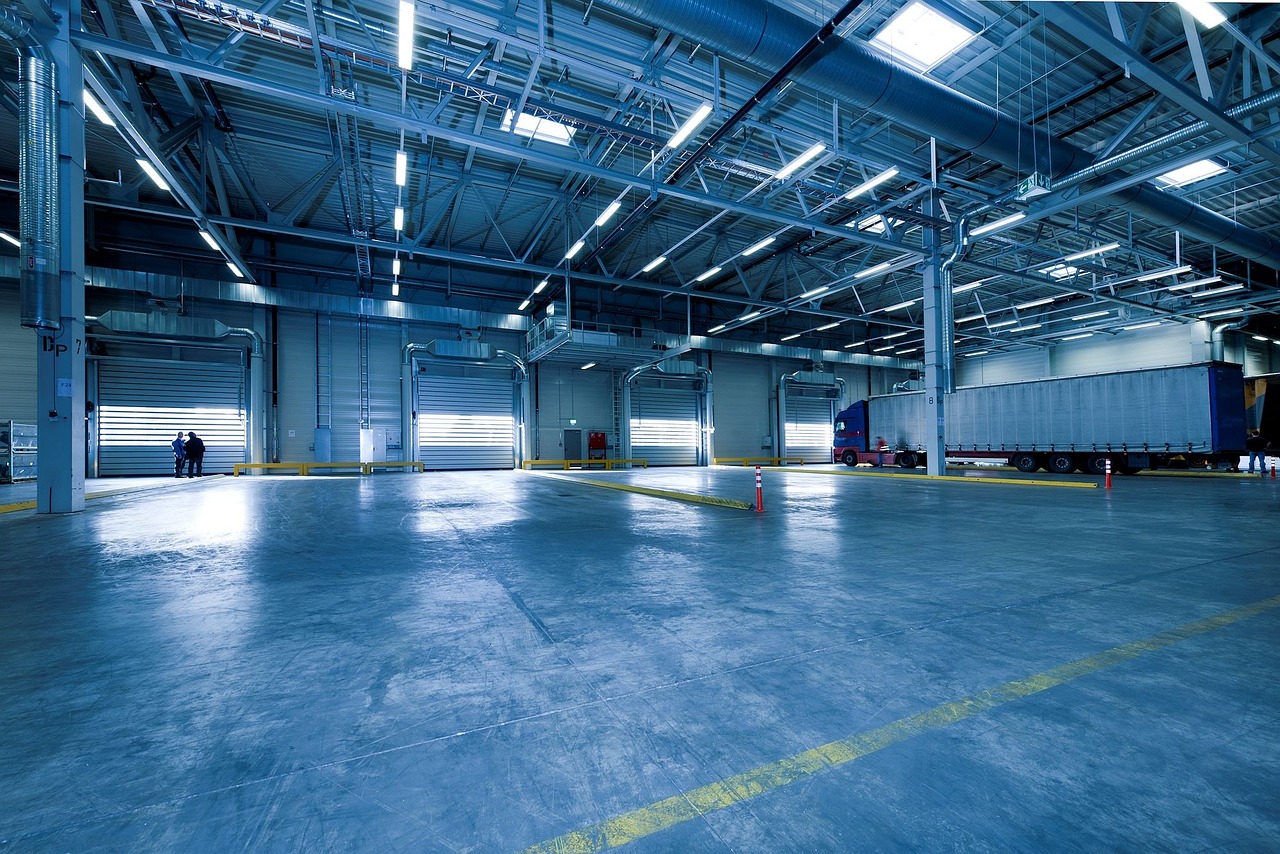In the world of inventory management, businesses are often faced with a pivotal question. Should we opt for a public warehouse or invest in a private warehouse?
This decision could spell the difference between a thriving operation and logistical nightmares. Whether you’re an e-commerce retailer or a manufacturing titan, the choice can sometimes feel like a high-stakes chess game.
So, let’s dive into the exciting world of warehousing. Find out which one suits your business’s needs best. Buckle up as we navigate through the labyrinth of public and private warehouses!
What Is a Public Warehouse?
As the name suggests, a public warehouse is open to the public. These facilities are usually owned and operated by third-party logistics (3PL) companies. They offer storage and distribution services for many businesses.
A public warehouse acts like a rental storage unit but on a much larger scale. One of the key features of a public warehouse is a shared space. Multiple businesses share the same warehouse storage, each having its designated areas.
Another one is Pay-per-use. This is where companies only pay for the space and services they need. It makes it a cost-effective option.
So, why choose a public warehouse? For starters, it avoids the significant upfront costs of building or leasing.
Additionally, public warehouses can provide essential services like inventory management and order fulfillment. They can also do transportation, freeing up valuable business time and resources.
What Is a Private Warehouse?
A private warehouse, on the other hand, is always owned and run by the company itself. Most of the time, these warehouses are custom-made for a single business. It only serves that business’s storage and shipping needs.
One of the critical features of a private warehouse includes a dedicated space. The entire warehouse is only owned by one company. It allows for complete control over operations and storage.
It also offers long-term commitment. They usually require long-term leases, making them a significant investment for logistics services. Companies can also design and organize their warehouse according to their specific needs.
Which Is Right for Your Business?
The import export warehouse battle ultimately comes down to your business’s specific needs and goals. Here are some factors to consider when making your decision for a quality warehouse:
Storage Needs
A public warehouse is an option if you have fluctuating inventory levels or need short-term storage solutions. But, if you need dedicated space for high-value or specialized products, a private warehouse may be the way to go.
Cost
Businesses can save money by using public warehouses. Why? Because they only pay for the room and services they require. Private warehouses cost a lot to set up, but they can save businesses that need a lot of storage space in the long run.
Control
One of the most significant differences between public and private warehouses is control. A private warehouse may be the best choice if you value complete control. However, if you’re comfortable relinquishing some control, a public warehouse can provide it.
Making the Final Move: Choosing Your Winning Warehouse Strategy
Selecting between a public warehouse and a private warehouse boils down to your business’s needs. Evaluate your inventory needs, budgetary constraints, and desired level of control. This will help you make an informed decision about your warehousing strategy.
Regardless of your path, remember that a well-managed warehouse is the backbone of your operations. It offers scalability and efficiency in inventory management.
Ready to further optimize your business? Visit our blog for more tips and expert advice. Navigate your way to success with us!
